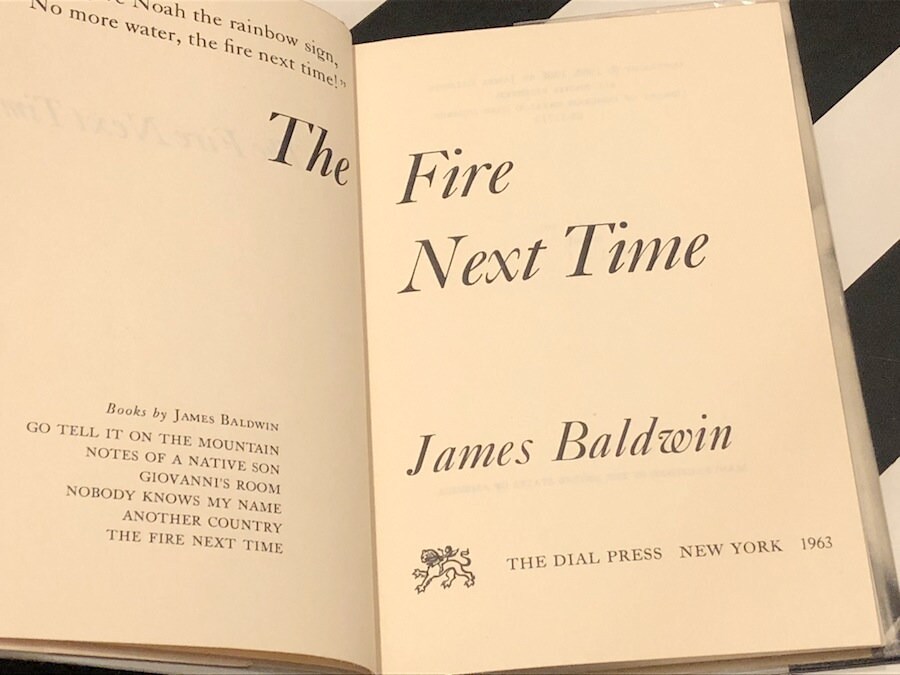
Otherwise, he warns, we will find ourselves in the middle of violent turmoil, a “racial nightmare,” one that will destroy our world. “But I am also concerned for their dignity, for the health of their souls, and must oppose any attempt that Negroes may make to do to others what has been done to them.” Instead, he writes, all Americans must seek to live with love - “not merely in the personal sense but as a state of being, or a state of grace - not in the infantile American sense of being made happy but in the tough and universal sense of quest and daring and growth.” “I am very much concerned that American Negroes achieve their freedom here in the United States,” Baldwin writes. There is no other sane response, when faced with the evidence Baldwin lays out, than to be outraged.īut Baldwin situates himself in opposition to the Nation of Islam and their militant calls to action. I am … both visibly and legally the descendant of slaves in a white, Protestant country, and this is what it means to be an American Negro, this is who he is - a kidnapped pagan, who was sold like an animal and treated like one, who was once defined by the American Constitution as “three-fifths” of a man, and who, according to the Dred Scott decision, had no rights that a white man was bound to respect.īaldwin makes the fact and the circumstances of his existence unmistakably clear, and the moral outrage that ensues feels inevitable. Over the course of the next 100 pages, Baldwin demonstrates that he and his nephew do, in fact, exist, and under what circumstances, and in what relationship to white Americans. “I am writing this letter to you,” Baldwin writes to his nephew as the essay opens, “to try to tell you something about how to handle them, for most of them do not yet really know that you exist.” The them in this sentence is Baldwin’s countrymen, white Americans. Baldwin’s essay champions a kind of radical love It continues the conversation Baldwin began, bringing it forward into 2016. But The Fire This Time, a new anthology edited by Jesmyn Ward, manages the opposite. The Fire Next Time is so perfectly constructed you almost don’t want to talk about it: Anything you say might lessen the pure logic and power of Baldwin’s rhetoric.

It was published as a book, and was immediately celebrated as one of the great American essays - not just that, the critics of 1963 made a point of noting, but one of the great black American essays. In 1963, a century after the Emancipation Proclamation, James Baldwin wrote The Fire Next Time, a two-part essay about the experience of being black in America.


 0 kommentar(er)
0 kommentar(er)
